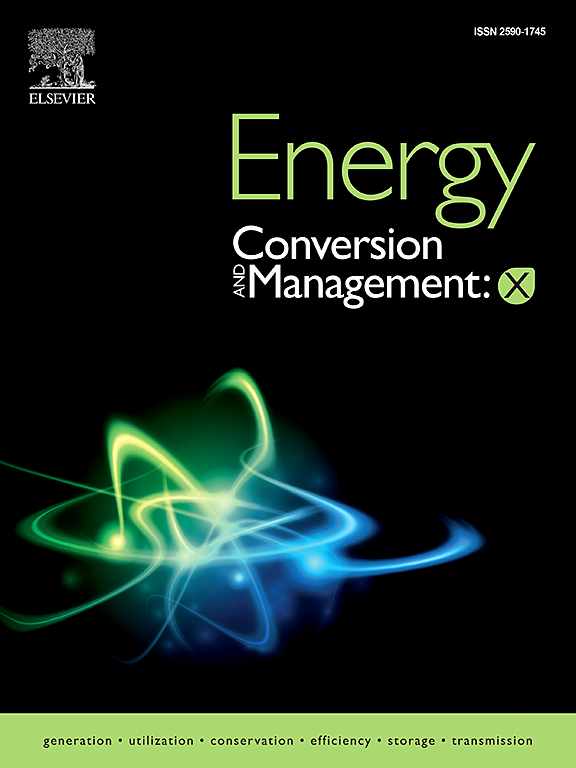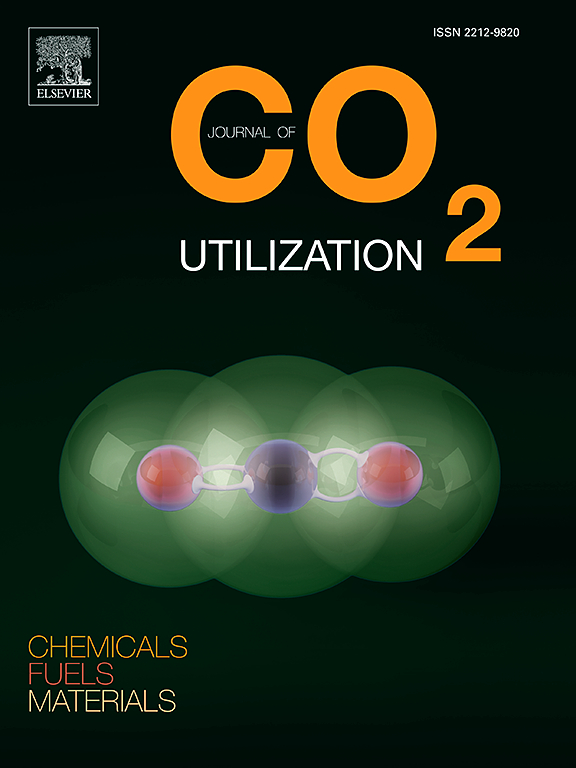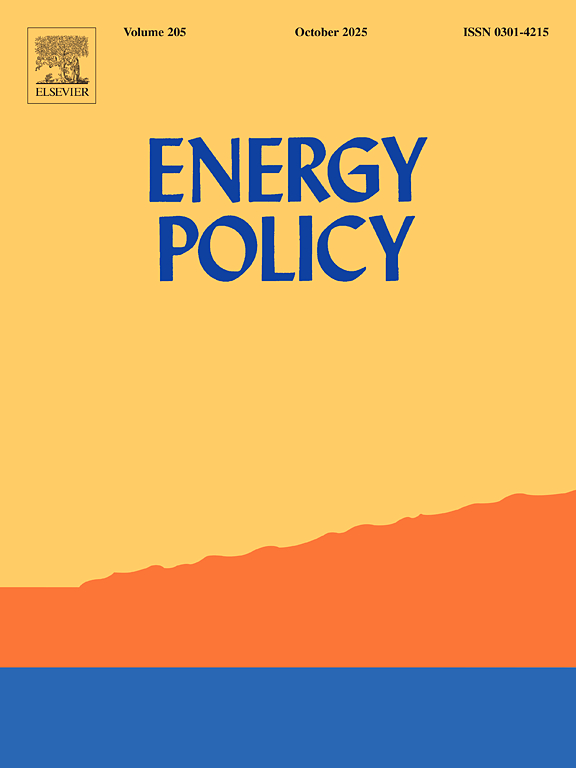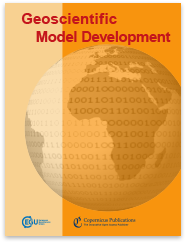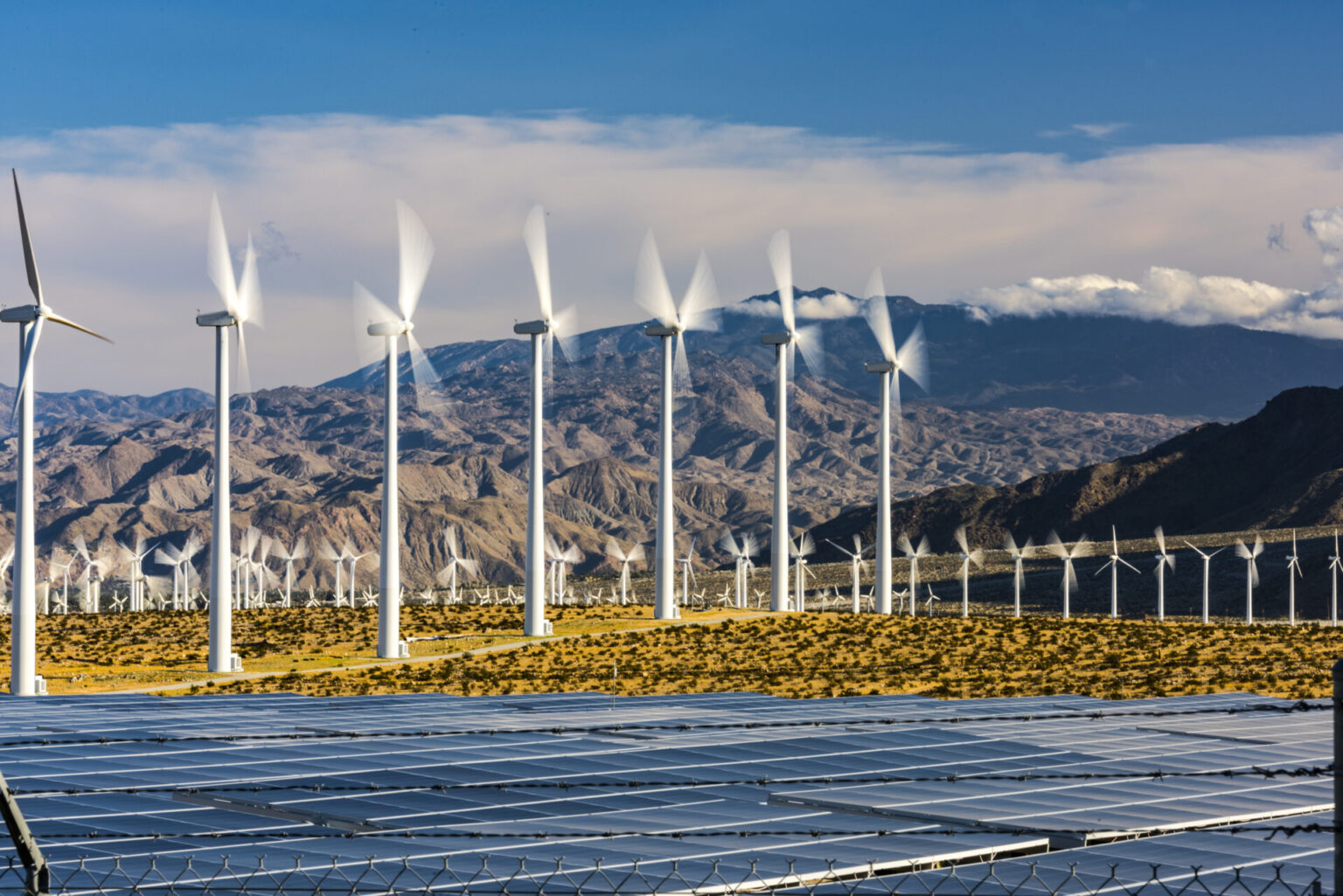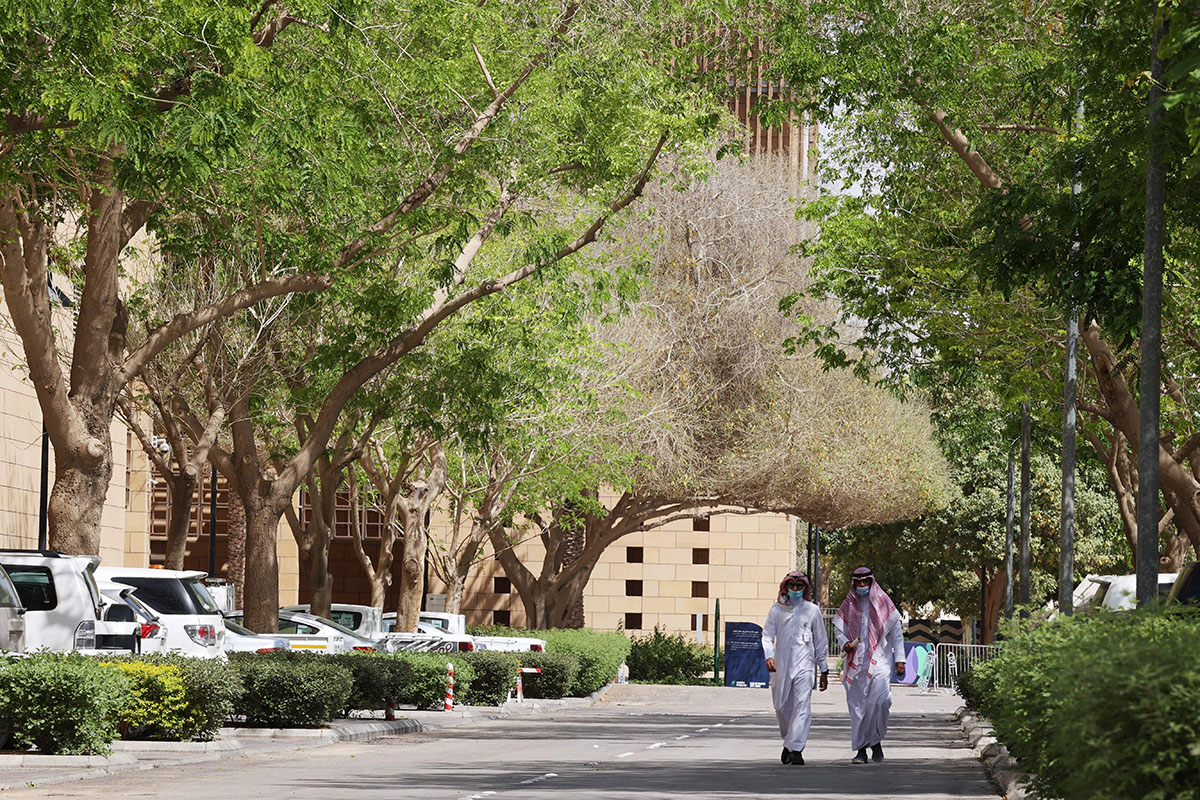

Primary Program

About
Mohamad Hejazi is the Executive Director of Climate and Sustainability at KAPSARC, leading research on climate change adaptation and mitigation, scenario analysis and decarbonization pathways, integrated assessment modeling, and the energy-water-land nexus. With more than 100 journal publications, he has contributed to major projects with organizations including the World Bank, NASA, and the U.S. Department of Energy. Previously, he was a Senior Research Scientist at Pacific Northwest National Laboratory. He holds a Ph.D. from the University of Illinois at Urbana-Champaign and is a contributing author to major climate assessments, including the IPCC AR6 report.
Education
2004-08-15 - 2009-08-01
University of Illinois, Urbana-Champaign
PhD - Civil & Environment Engineering
2002-06-15 - 2004-05-30
University of Maryland
Master - Civil & Environment Engineering
1999-06-15 - 2002-05-01
University of Maryland
Bachelor - Civil & Environment Engineering
Publications

21 January 2026
Cooling the Kingdom: Long-Term Impacts of Climate Change on Electricity Demand and Household Expenditure in Saudi ArabiaThis study examines the long-term impacts of climate change on thermal comfort, energy demand, and household electricity expenditure in Saudi Arabia using a scenario-based modeling approach. The analysis is conducted by utilizing a multi-sector integrated assessment model (IAM) for Sa...

21 December 2025
Differentiating Upstream Crude Oil Carbon Intensities in a Net-Zero WorldThis study examines how leveraging upstream carbon intensities as a policy lever could reshape crude oil market dynamics, competitiveness, and asset stranding under net-zero pathways. Using GCAM-KSA with harmonised, field-level CI data, we simulate scenarios with uniform and heterogen...

01 June 2025
Integrating Fairness Principles into Global Net-Zero Targets A Systematic Exploration of Fair Climate PolicyEquity is a cornerstone of international climate policy, yet operationalizing “fair” burden-sharing remains challenging. Here we present a comprehensive effort-sharing framework that systematically spans a broad spectrum of principles, rather than limiting analysis to a few discrete ...

16 April 2025
Limiting Carbon Dioxide Removal Could Exacerbate Global Economic Inequality
The Paris Agreement’s goal of limiting global warming to well below 2 degrees Celsius (°C), and ideally 1.5°C, above pre-industrial levels, places significant emphasis on carbon dioxide removal (CDR) technologies. However, the global landscape for CDR deployment remains uneven, with s...

13 March 2025
Progress and Gaps in the Adoption of Clean Cooking Fuels in Africa – Policy Options for Ghana and KenyaAccess to clean cooking fuels is vital for public health, environmental sustainability, and socio-economic development in sub-Saharan Africa. This study examines the key barriers to adopting clean cooking fuels in Ghana and Kenya, asking. Despite progress in urban areas toward liquef...

12 January 2025
Decarbonizing Land-Based Passenger Transport in Saudi ArabiaThe Saudi government has outlined its decarbonization strategy through various statements and reports, identifying key initiatives, preferred technologies, and investment targets to drive this transformation. In this study, we employ Integrated Assessment Modeling (IAM) to evaluate t...

18 December 2024
Carbon Dioxide Utilization in the Desalination Sector in Saudi Arabia: An Opportunity for Achieving Negative EmissionsThe global pursuit of sustainable solutions to mitigate climate change has intensified, necessitating innovative approaches that transform traditional carbon-intensive industries into potential carbon sinks. Carbon capture, utilization and storage (CCUS) is a key tool for achieving n...

02 December 2024
Key Drivers of Decarbonizing Hard- to-Abate Energy- System Sectors by Midcenturyo limit global warming to 1.5°C or 2°C, achieving a net-zero or near-zero greenhouse gas emission energy system by midcentury is essential. This ambitious target requires the decarbonization of hard-to-abate sectors, particularly transportation and heavy industry. This study employs ...

05 November 2024
Assessing the Impact of Energy Transition Initiatives on the Policy Cost of Saudi Arabia’s Net- Zero AmbitionSaudi Arabia’s ambitious goal to achieve a net-zero economy by 2060 offers a unique opportunity for diversification away from fossil fuels while fostering long-term economic resilience and sustainability. Crucial to this transition are energy policies that steer the Kingdom from a fo...
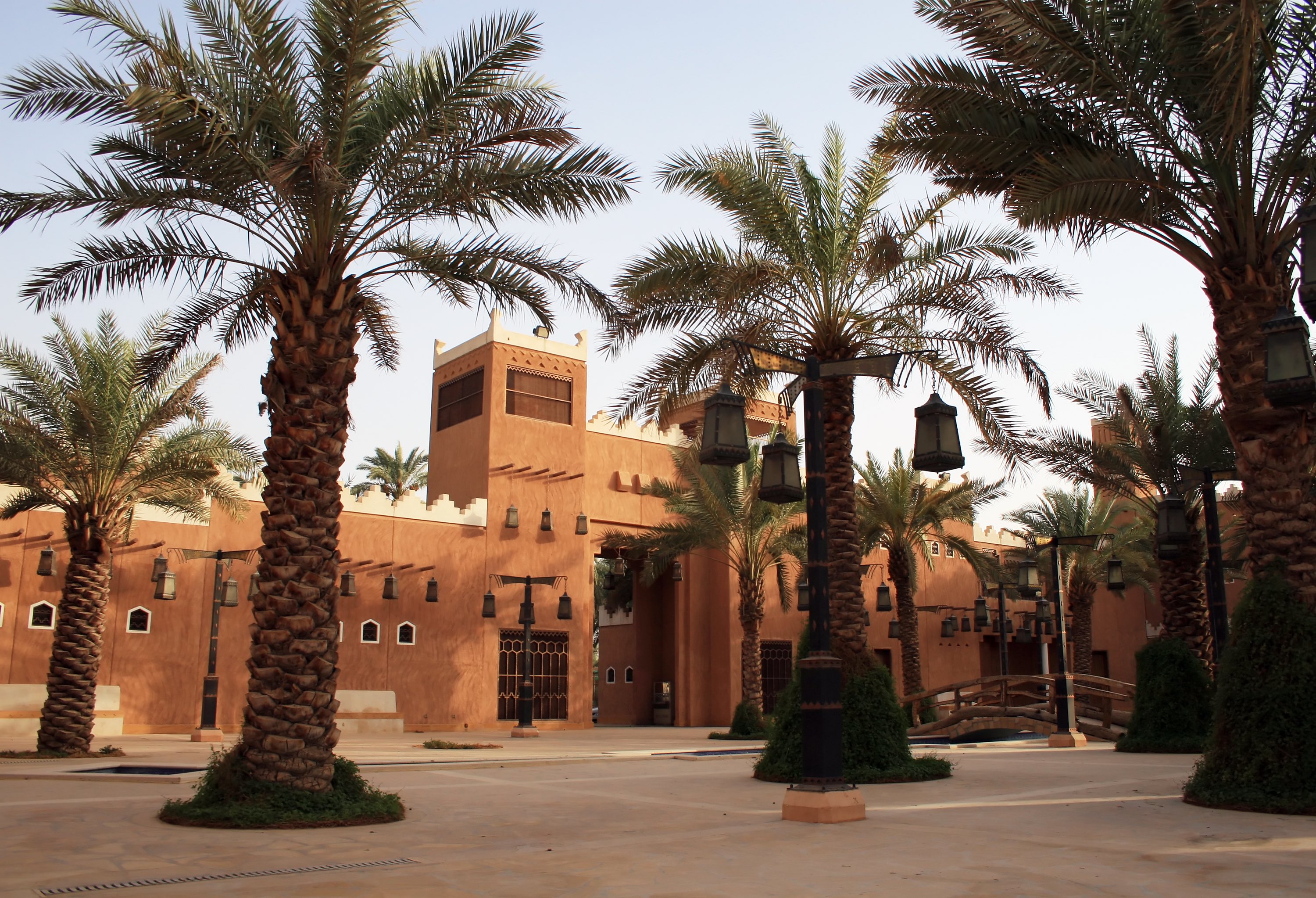
30 September 2024
Assessing the Potential and Feasibility of Carbon Dioxide Removal (CDR) Technologies in Saudi ArabiaAs the Kingdom of Saudi Arabia strives to achieve its climate goals and transition its economy away from fossil fuel dependency, understanding the viability and impact of carbon dioxide removal (CDR) options becomes paramount.

08 July 2024
The Role and Deployment Timing of Direct Air Capture in the Kingdom of Saudi Arabia’s Net-Zero TransitionThe Kingdom of Saudi Arabia (KSA) has pledged to achieve net-zero greenhouse gas (GHG) emissions by 2060. Direct air carbon capture and storage (DACCS) is critical for the country to meet its net-zero target given its reliance on fossil fuels and limited options for ...2) removal (CDR).

30 June 2024
Reaching Net-Zero GHG Emissions in Saudi Arabia by 2060: Transformation of the Industrial SectorThe industrial sector plays a crucial role in the economy of the Kingdom of Saudi Arabia (KSA). Its energy consumption primarily relies on natural gas and oil due to the abundance of these resources and their relatively low administered prices. To reduce oil dependence and create a m...

25 March 2024
Achieving Net-Zero GHG Emissions of Saudi Arabia by 2060: The Transformation of the Building SectorIn this paper, an economy-wide, net-zero pathway that enables Saudi Arabia to achieve net-zero greenhouse gas emissions by 2060 is investigated, with a specific focus on the critical role played by the building sector. An exploration is undertaken of the significance of energy effici...

22 January 2024
Saudi Arabia Net-Zero GHG Emissions by 2060: Transformation of the Transport SectorDecarbonizing the transport sector will likely play a crucial role for Saudi Arabia in fulfilling its target of reaching net-zero greenhouse gas (GHG) emissions by 2060. While clear and immediate low-carbon or zero-carbon alternatives exist in some sectors, the transport sector faces...

05 December 2023
Saudi Arabia Net Zero GHG Emissions by 2060: Transformation of the Electricity Sector
Under its Vision 2030 targets, Saudi Arabia is working to steer the nation toward a sustainable future. The Kingdom has recently amplified its sustainability goals, announcing its intention to achieve net zero greenhouse gas (GHG) emissions by 2060. As part of this renewed commitment...

29 November 2023
Long-Term Decarbonization Pathway for Saudi Arabia To Reach Net Zero GHG Emissions by 2060Saudi Arabia is a signatory to the 2015 Paris Agreement. It has updated its nation...2 eq) by 2030. In the lead-up to COP 26 and joining the global efforts, under the umbrella program of the Saudi Green Initiative, Saudi Arabia announced its pledge to achieve net zero emissions by 2060.

13 November 2023
Implications of Climate Policy on Energy Poverty
This article examines the complex issue of energy poverty and its various dimensions, including energy access and affordability. It explores the challenges of addressing energy poverty and the trade-offs that may exist between energy poverty and climate change policy.

09 October 2023
Closing the Investment Gap to Achieve Paris Agreement Goalshis study aims to assess the alignment of global sustainable financial flows with transition investment priorities. First, we identify investment gaps based on the difference between the required annual investment to meet global net-zero emissions (NZE) targets and current inve...

